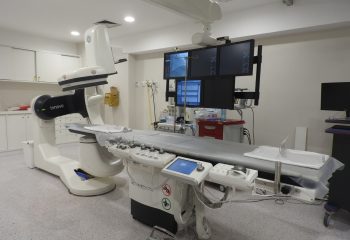Have you ever wondered what happens when a doctor’s mistake causes injury to their patients?
Perhaps you were having eye surgery to correct your impaired vision. However, things take a turn for the worse and the surgeon makes an error leading to a scenario even worse than your original concern. What happens then?
This article covers the birth of negligence as a modern law overall, and what in particular, shaped the legalities of Medical Negligence.
Developments Over The Last 30 Years
The modern law of negligence is based upon a general rule that for those whose acts or omissions may negatively affect someone, there should be the responsibility to exercise reasonable care in order to avoid the action occurring.
The modern law of negligence is considered to have emerged in the 1930s. In particular it has been attributed to a rather strange case in 1928, where a Scottish woman became ill after drinking ginger beer which had been contaminated by a dead snail.
Up to this point manufacturers have only been held liable to the purchaser of the product. But in this particular instance, the ginger beer had not been purchased by the sickened woman, but rather by her friend. Fortunately, the maker of the ginger beer was eventually held liable to the ultimate consumer of the ginger beer through applying the principle that a duty of care is owed to, not just the purchaser, but to any person who might be affected by one’s negligent acts. And thus, the first iteration of the definition of the modern law of negligence was established.
Flash forward to the twenty first century and the elements that are needed to be proved for negligence can now be stated as follows:
– The existence of a duty of care; and
– A breach of that duty by a negligent act or omission; and the damage suffered in consequence.
The Truth About Proving Medical Negligence
Causation is the biggest question in any negligence case. It is the connection necessary for there to be liability, by linking an act of negligence to the damage suffered. It is a conclusion about legal responsibility. This means that the claimant must be able to prove that, had the treatment been performed in a certain way, the claimant’s injuries could have been avoided.
Other elements of concern include the nature of the “damage”, as the law does not recognise every kind of harm or loss as requiring some form of compensation.
Medical negligence is not a discrete area of the law, which poses a range of difficulties when it comes to the elements of negligence. However, since a certain 1992 case of Rogers v Whitaker, there has been a great increase in information provided to patients about the potential risks of surgery and other treatments. This case introduced the fact that patients should be educated on the certain harmful outcomes of various medical treatments before they are undertaken. This not only educates patients, but also provides greater legal protection for medical professionals.
If you experience an act of medical negligence, our expert team at Longton Legal is always ready to help. Find out more about our compensation lawyers at longtonlegal.com.au or call us on 1300 599 999.
Examples Of Medical Negligence:
– Failure to diagnose or misdiagnose
– Unnecessary surgery
– Surgical errors
– Premature discharge
– Poor aftercare
– Improper medication
*Disclaimer:This is intended as general information only and not to be construed as legal advice. The above information is subject to changes over time. You should always seek professional advice before taking any course of action.*








